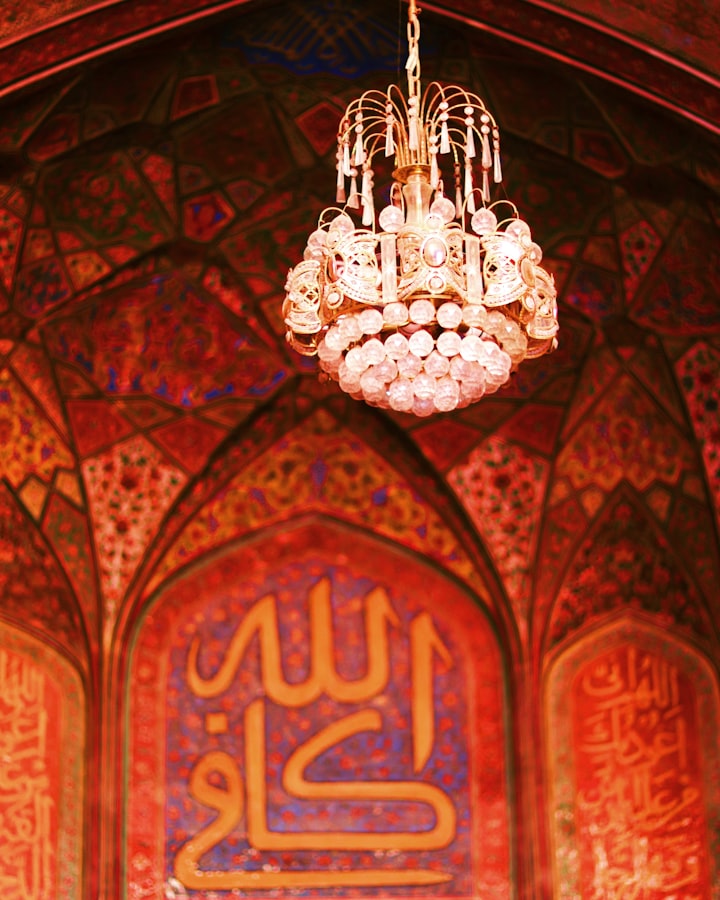Who is Imran khan?
The Prime Minister of Pakistan


Imran Khan, fully Imran Ahmad Khan Niazi, (born November 25, 1952, Lahore, Pakistan), Pakistani cricketer, politician, philanthropist, and Pakistani Prime Minister (2018–) who became national hero by leading the Pakistani national team to World Cup victory of Cricket in 1992 and later entered politics as a critic of government corruption in Pakistan. Imran khan is the 22nd and current Prime Minister of Pakistan and chairman of Pakistan Tehreeq-e-insaff. Before his entry into politics, he was an international cricketer and captain of the National team of Pakistan which he led to victory I 1992 Cricket World cup.
Full name
Imran Khan Niazi
Born
He was born in October 5, 1952, Lahore, Punjab in Pashton family and graduate from keble college, oxford in 1975. After his cricket career he decided to join politics in order to remove corruption from his country.
Imran Khan is undoubtedly the greatest cricketer to ever come from Pakistan, and is apparently the second-best in the world after Garry Sobers. He took a small turn and turned them into world champions, leading them to the 1992 World Cup.
Now he is the Prime Minister of Pakistan after his 22 year struggle in politics. He is that legend who change the vision of world and tell them that the there is nothing in the war and also remember about the climate change of the world day by day.
Playing role
Allrounder
Batting style
Right-hand bat
Bowling style
Right-arm fast

Few would argue that Imran was the best cricket player ever produced by Pakistan, or the biggest heart disease. Suave, erudite and incredibly talented, gave cricket on the subcontinent continent a real appeal in the 1970s and 1980s. Thus he and TV ended the popularity of the game in his country which was started by Hanif Mohammad and radio. Thousands, if not millions, who had never dreamed of bowling quickly in a heartless baked mud suddenly wanted to imitate Imran with his galloping run, his jump and his back Yorker. He also made himself a good place to be beaten on his own, capturing Pakistan and anyone else, ending his career with the 1992 World Cup. He never played home cricket in Pakistan: instead he just flew home series from Worcestershire or Sussex, or rather from London's fashion salons. His ratings (37 and bats, 22 and a ball) put him in the top quarters of allrounders (Ian Botham, Richard Had lee and Kapil Dev among others) who were in charge of Test cricket in the 1980s. And while Botham declined a bit, Imran got better and better: in his last decade of international cricket he played 51 Tests, making an astonishing 50 with bat and 19 with a ball. He did not give a quarter during unforgettable battles with the West Indies - Pakistan drew three times with them at a time when all other people were out of sight - and led Pakistan to their first series success in England in 1987, taking ten of the 77 unbeaten performances in a strong victory at Headingly. After retirement he became an honorable man, and his marriage - and the subsequent split with socialist Jemima Goldsmith and her visit to the labyrinthine political world of Pakistan.
Entry in Politics
After retiring from cricket, Khan became a vocal critic of maladministration and corruption in Pakistan. He founded his own political party, the Tehreek-e-Insaf (Justice Movement), in 1996. In the national elections held the following year, the newly formed party received less than one percent of the vote and failed to win seats in the National Assembly. , but it went well in the 2002 election, with one seat won by Khan. Khan is adamant that vote-rigging is the cause of his party's low interest rates. In October 2007 Khan was among a group of politicians who resigned from the National Assembly, protesting the Presidency. Pervez Musharraf's election to the next presidential election. In November Khan was temporarily detained during a campaign against critics of Musharraf, who had declared a state of emergency. Tehreeq-e-Insaff has condemned the crisis, which ended in mid-December, and boycotted the 2008 general election in protest of Musharraf's regime.

Despite Tehreeq-e-Insaf's struggles in the election, Khan's popular positions gained support, especially among young people. He continued his criticism of corruption and economic inequality in Pakistan and opposed the cooperation of the Pakistani government and the United States in fighting the military near the Afghan border. He also presented a wide range of arguments against Pakistani political and economic officials, who accused him of being Western and of not interacting with Pakistani customs and traditions.
Khan's writings included Warrior Race: A Journey Through the Land of the Tribal Pathans (1993) and Pakistan: A Personal History (2011).
Prime Minister Imran Khan

As Prime Minister, Khan has faced the challenge of increasing tariffs. Although the economy has grown exponentially, debt and debt consolidation have increased significantly over the years, largely due to the China-Pakistan Economic Corridor (CPEC) program. In just a few weeks since the prime minister's resignation, the situation was worsened when the United States withdrew $ 300 million from military aid, claiming that Pakistan had done little to curb terrorism. Khan tried to seek foreign help from "friendly countries" first; because the previous twelve packages from the International Monetary Fund (IMF) have failed to address Pakistan's macroeconomic problems, his avoidance of IMF rescue has shown the IMF's growing frustration. After not being able to get foreign aid through favorable international conditions, however, Pakistan applied for an emergency loan from the IMF. He continued to seek foreign aid from other sources and later received investment promises from China, Saudi Arabia and the United Arab Emirates.
In addition to calling for foreign aid, Khan has overseen several critical developments in Pakistan's foreign relations. The country has succeeded in bringing the Taliban into talks with the United States, forming alliances with the country and neighboring Afghanistan. In February 2019, at an exhibition of anti-terrorist power in Kashmir, which had recently committed suicide killing 40 Indian security forces, India launched an air strike in Pakistan for the first time in 50 years, raising fears of a new conflict between the two countries. Pakistan has reduced its impact and appeared to avoid tensions. When India re-entered the airspace in Pakistan, Pakistan shot down two fighter jets and took over the pilot but returned the pilot to India shortly afterwards. Following the incident, Khan launched a crackdown on suspects, released arrests, closed a number of religious schools, and promised to revise existing laws to reflect international standards.
THANK YOU






Comments
There are no comments for this story
Be the first to respond and start the conversation.